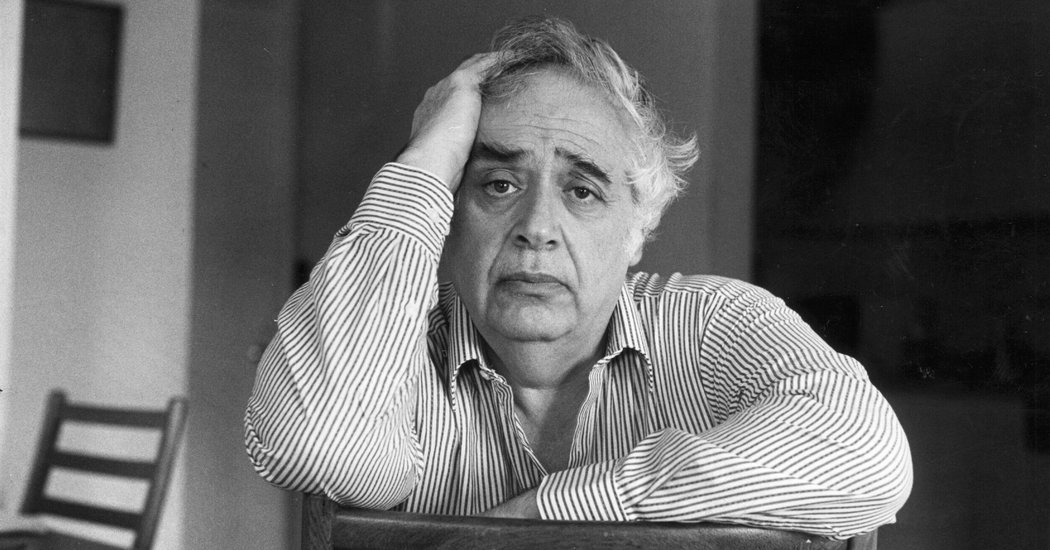
Professor Bloom himself said that “the canonical quality comes out of strangeness, comes out of the idiosyncratic, comes out of originality.” Mr. Begley noted further, “The canon, Bloom believes, answers an unavoidable question: What, in the little time we have, shall we read?”
“You must choose,” Professor Bloom himself wrote in “The Western Canon.” “Either there were aesthetic values or there are only the overdeterminations of race, class and gender.”
His Writing Hall of Fame
Attached to “The Western Canon” is an appendix listing the works of some 850 writers that Professor Bloom thought would endure in posterity. Plato and Shakespeare and Proust are there, of course, but so are lesser-known figures, like Ivo Andric, a Yugoslav who won the 1961 Nobel Prize in Literature, and Taha Hussein, an important Egyptian writer and intellectual.
Many in the literary world delighted in trying to decipher the meanings behind Professor Bloom’s sometimes idiosyncratic choices. Some puzzled over his judgment, for example, that of all John Updike’s considerable body of work, only the novel “The Witches of Eastwick” would last. Professor Bloom’s critics noted that Mr. Updike had once referred to Professor Bloom’s writings as “torturous.” Philip Roth, a friend of Professor Bloom’s, garnered six mentions. Alice Walker was ignored altogether, but the poet J.D. McClatchy and the critics David Bromwich and Barbara Packer, all students of Professor Bloom’s, made the cut.
Later, in “The Anatomy of Influence” — a 2011 book he called, prematurely, his “virtual swan song” — Professor Bloom seemed to soften his canonical stance, conceding that a critic of any heritage is obliged to take seriously other traditions, including non-Western.
The spotlight he commanded as a powerful cultural figure did not always flatter him. In 1990, GQ magazine, in an article titled “Bloom in Love,” portrayed him as having had intimate entanglements with female students. (“A disgusting piece of character assassination,” he was quoted as telling Mr. Begley in The Times Magazine.) And in a 2004 article in New York magazine, the writer Naomi Wolf wrote that he had once put his hand on her inner thigh when she was an undergraduate student. “Beautiful, brilliant students surrounded him,” she wrote. “He was a vortex of power and intellectual charisma.”
Professor Bloom vigorously denied her accusation.
The clarity of his prose was also questioned. “Harold is not a particularly good explainer,” his friend the poet John Hollander once told The Times, adding, “He’ll get hold of a word and allow this to generate a concept for him, but he’s not in a position to say very clearly what he means and what he’s doing.”
